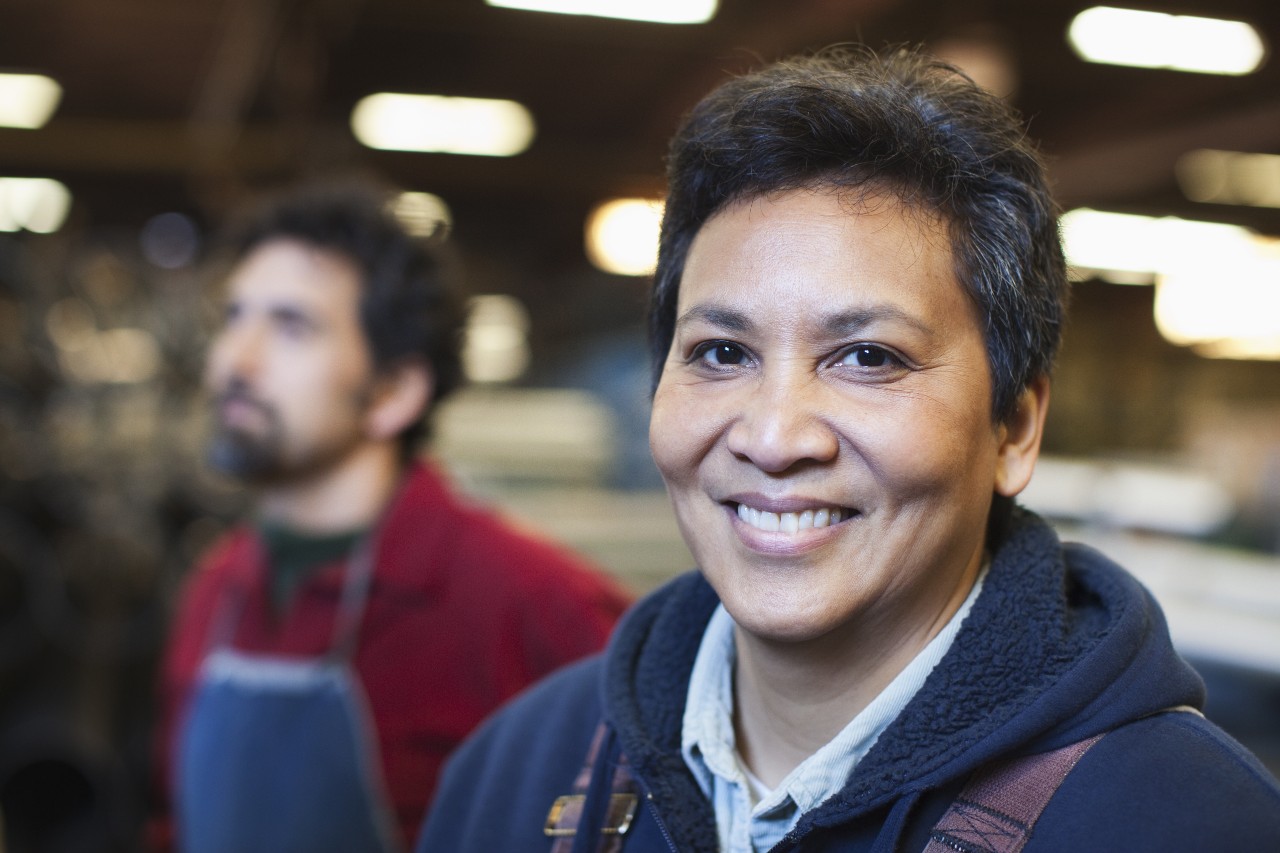Humility
Click the topics below to find links to resources to support your cultural development.
- APA – Reflections on Cultural Humility opens in a new window
- Psychology Today – Cultural Humility: We Can Improve Our Relationships with Other Cultures opens in a new window
- Cultural Humility, Juliana Mosley, Ph.D, TEDxWestChester opens in a new window
- National Center for Biotechnology Information – Cultural Humility: Essential Foundation for Clinical Researchers opens in a new window
- The Community Center opens in a new window
- The Pride Foundation - Idaho opens in a new window
- Parents, Families, and Friends of Lesbians and Gays (PFLAG) opens in a new window
- All Under One Roof: LGBT Advocates of Southeastern Idaho opens in a new window
- Idaho Office for Refugees opens in a new window
- Agency for New Americans opens in a new window
- College of Southern Idaho Refugee Center opens in a new window
- Centro de Comunidad y Justicia (Center for Community and Justice) opens in a new window
- Hispanic Cultural Center of Idaho opens in a new window
- Idaho Hispanic Chamber of Commerce opens in a new window
- Consulado de Mexico en Boise opens in a new window
- Native American Student Center - University of Idaho opens in a new window
- Native American Student Services - Idaho State University opens in a new window
- American Indian Community Center opens in a new window

We support the necessary professional development of providers in gaining awareness, knowledge, and skills to be culturally competent, however, these aspects are not entirely sufficient to work effectively with diverse clients. Other qualities are fundamental to effective multicultural counseling, namely openness to diversity and cultural humility (Chao, Wei, Spanierman, Longo, & Northart, 2015; Gallardo, 2014; Sue & Sue, 2016).
In a pioneering article in 1998, Tervalon and Murray-Garcia began to question the notion of “competence”, seeing that there is a danger in the limited definition of traditional competence. They discussed the risk of assuming that a permanent form of knowledge exists.
“Those who have developed and advocated multicultural counseling competencies have repeatedly stressed that “culutural competence” is an aspirational goal, that no single individual can become completely competent, and that the journey toward cultural competence is a lifelong process” (Sue & Sue, 2017 p. 61; D.W. Sue et al., 1992; Cornish et al., 2010).
In taking a position of cultural humility we commit to “an other-oriented stance, which is marked by openness, curiosity, lack of arrogance, and genuine desire to understand clients’ cultural identities” (Owen et al., 2016, p. 31). It is “a lifelong process of self-reflection, self-critique, continual assessment of power imbalances, and the development of mutually respectful relationships and partnerships” (Gallardo, 2014, p. 3).